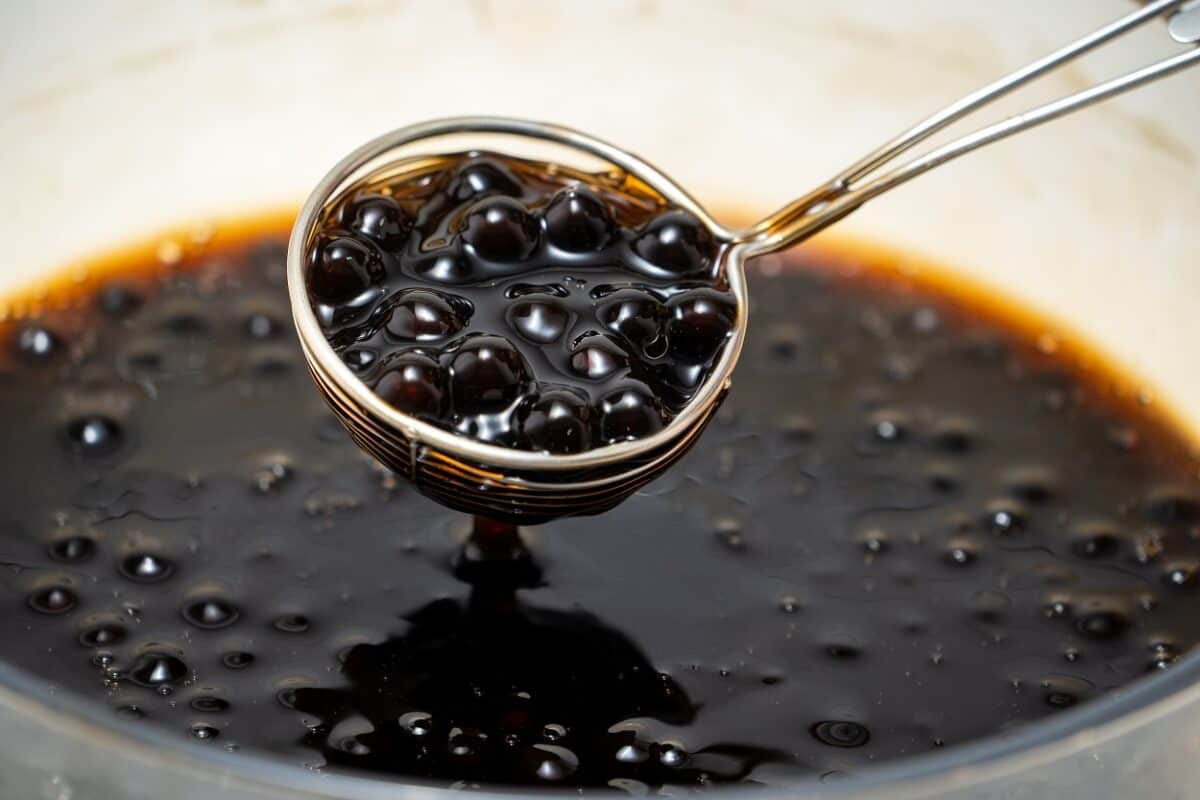

Articles
How To Store Boba After Cooking
Modified: January 8, 2024
Learn how to properly store cooked boba for future use with our helpful articles. Keep your boba fresh and chewy with our storage tips.
(Many of the links in this article redirect to a specific reviewed product. Your purchase of these products through affiliate links helps to generate commission for Storables.com, at no extra cost. Learn more)
Introduction
After cooking a delicious batch of boba, you might find yourself with leftovers that you want to store for later consumption. Properly storing cooked boba is crucial to maintain its freshness and texture, ensuring that it can be enjoyed even after some time has passed.
In this article, we will guide you on how to store boba after cooking, including choosing the right container, deciding between refrigerating and freezing, and providing tips for prolonging its shelf life. So, let’s delve into the world of boba storage and discover the best methods for keeping this delightful treat fresh and ready to enjoy!
Key Takeaways:
- Properly storing cooked boba is crucial for maintaining its freshness and texture. Choose airtight, BPA-free containers and refrigerate for short-term storage or freeze for long-term preservation.
- When reheating stored boba, use gentle methods to avoid overcooking and maintain its texture. Follow tips for prolonging shelf life, and always inspect for spoilage before consuming.
Read more: How To Store Boba Pearls After Cooking
Choosing the Right Container
When it comes to storing cooked boba, selecting the right container is essential to maintain its quality and prevent it from drying out. Here are a few factors to consider when choosing the perfect container:
- Airtight: Opt for containers that have airtight seals to prevent air from entering and moisture from escaping. This helps to keep the boba fresh and maintain its chewy texture.
- BPA-free: Look for containers that are BPA-free to ensure the safety of your food. BPA is a chemical commonly found in plastics that can leach into food and have potential adverse health effects.
- Transparent: Transparent containers allow you to easily see the contents and their condition without opening the container, making it convenient to assess the freshness of the boba.
- Appropriate size: Use a container that is appropriate in size for the amount of boba you wish to store. It should provide enough space for the boba to be stored without being too tightly packed.
Plastic or glass containers with locking lids are great options for storing boba. Mason jars or food storage containers with silicone gaskets can effectively seal in the freshness and preserve the texture of the boba. Make sure to clean and dry the container thoroughly before use to prevent any potential contamination.
Refrigerating vs. Freezing
When it comes to storing cooked boba, you have two main options: refrigerating or freezing. Each method has its own advantages and considerations. Let’s explore the differences between refrigeration and freezing when it comes to storing cooked boba:
- Refrigerating: Refrigeration is a suitable method if you plan to consume the boba within a couple of days. Storing boba in the refrigerator helps to maintain its freshness and chewiness. However, keep in mind that refrigerated boba will gradually lose its texture over time.
- Freezing: Freezing is ideal for long-term storage. By freezing the cooked boba, you can extend its shelf life for several weeks or even months. Frozen boba retains its texture and taste when properly stored, making it a great option for future use.
Consider your storage needs and timeframe before deciding whether to refrigerate or freeze your cooked boba. If you plan to consume it within a few days, refrigeration is a suitable choice. However, if you want to store it for an extended period, freezing is the way to go.
Keep in mind that regardless of the storage method you choose, it’s important to store the boba in the proper containers and ensure they are airtight to minimize the risk of freezer burn or absorbing any odors from the refrigerator.
Storing Cooked Boba in the Refrigerator
If you decide to store your cooked boba in the refrigerator, follow these steps to ensure it stays fresh and maintains its texture:
- Allow the cooked boba to cool down to room temperature before refrigerating. Placing hot boba in the refrigerator can cause condensation, leading to a loss of texture.
- Transfer the boba to an airtight container. Make sure the container is clean and dry before adding the boba.
- Seal the container tightly to prevent air from entering. This helps to maintain the freshness and prevent the boba from drying out.
- Label the container with the date of storage. This will help you keep track of how long the boba has been in the refrigerator.
- Place the container of boba in the refrigerator. Make sure to store it away from foods with strong odors, as boba can absorb odors easily.
Refrigerated cooked boba is best consumed within 2 to 3 days to maintain its taste and texture. Beyond that, it may start to lose its chewiness and become less enjoyable.
When you’re ready to enjoy the refrigerated boba, take it out of the refrigerator and let it come to room temperature before consuming. This will help restore some of its original chewiness.
Remember to always inspect the boba before consuming. If you notice any signs of spoilage, such as an off smell or unusual appearance, it’s best to discard it.
After cooking boba, store it in a sealed container with enough water to cover the boba. Keep it in the refrigerator for up to 2 days, changing the water daily to maintain freshness.
Storing Cooked Boba in the Freezer
If you prefer to store your cooked boba in the freezer for long-term preservation, follow these steps:
- Cool the cooked boba to room temperature before freezing. Placing hot boba directly into the freezer can cause moisture to form and affect the texture.
- Transfer the cooled boba to a suitable freezer-safe container. Plastic bags, airtight containers, or even ice cube trays can be used to freeze the boba.
- If using a plastic bag, squeeze out as much air as possible before sealing it. This helps to prevent freezer burn and keeps the boba in better condition.
- Label the container or bag with the date of freezing to keep track of its age.
- Place the container or bag of boba in the freezer, making sure it is placed on a flat surface so the boba freezes evenly.
Frozen boba can last for several weeks or even months if stored properly. However, to ensure the best quality, it is recommended to consume frozen boba within 3 months.
When you’re ready to enjoy the frozen boba, there are a few methods to thaw it:
- Thaw in the refrigerator: Transfer the frozen boba to the refrigerator and let it thaw slowly overnight. This method helps to retain the texture.
- Thaw at room temperature: Leave the frozen boba at room temperature for a couple of hours until it becomes soft and pliable.
Once the boba is thawed, you can proceed to enjoy it as you would with freshly cooked boba. Remember to check for any signs of spoilage before consuming and discard if necessary.
Read more: How To Store Boba
Reheating Stored Boba
If you have stored cooked boba in the refrigerator or freezer and want to enjoy it warm, you can easily reheat it using the following methods:
- Microwave: Place the desired amount of refrigerated or thawed boba in a microwave-safe bowl. Add a small amount of water to the bowl to help moisten the boba. Microwave on high for 30-second intervals, stirring in between, until the boba is heated through. Be careful not to overheat, as it can result in a mushy texture.
- Stovetop: In a saucepan, bring water to a boil. Add the refrigerated or thawed boba to the boiling water and cook for a few minutes until heated through. Use a slotted spoon to remove the boba from the water and drain before serving.
It’s important to note that reheated boba may not have the same texture as freshly cooked boba. It may be slightly softer or less chewy. However, it can still be enjoyable, especially when paired with your favorite toppings and drinks.
Once reheated, consume the boba promptly to ensure the best flavor and texture. Avoid reheating boba more than once, as it can lead to a deteriorated texture and diminished taste.
Remember to adjust the reheating time depending on the amount of boba you are heating and the power of your microwave or stove. It’s always a good idea to test a few pieces before reheating the entire batch to avoid overcooking.
Tips for Prolonging Shelf Life of Boba
To ensure the longest possible shelf life for your cooked boba, consider the following tips:
- Storage temperature: Keep cooked boba refrigerated at a temperature of 40°F (4°C) or below to slow down bacterial growth. If storing in the freezer, set the temperature at 0°F (-18°C) or lower.
- Proper sealing: Whether refrigerating or freezing, ensure that the containers or bags used to store boba are tightly sealed to prevent air, moisture, and odors from entering.
- Individual portions: To avoid thawing and refreezing larger quantities of boba, consider dividing the cooked boba into individual portions before storing in the freezer. This way, you can easily thaw only what you need without compromising the rest of the batch.
- Labeling and rotation: Clearly label the containers or bags with the date they were stored and use the oldest boba first to maintain freshness.
- Avoid temperature fluctuations: Minimize the frequency of thawing and refreezing if storing boba in the freezer. Fluctuating temperatures can degrade the quality and texture of the boba.
- Keep away from strong odors: Store boba away from foods with strong odors, as they can easily absorb those smells. This can affect the taste and aroma of the boba.
Following these tips will help keep your cooked boba fresh and delicious for an extended period. However, it’s important to note that even with proper storage, the texture and quality of boba may gradually change over time.
Always use your judgment and inspect the boba before consuming. If you notice any signs of spoilage, such as an off smell, unusual appearance, mold growth, or a sour taste, it’s best to discard the boba to ensure your safety.
Conclusion
Properly storing cooked boba is essential to maintain its freshness, texture, and flavor. Whether you choose to refrigerate or freeze your boba, following the correct methods will ensure its longevity and allow you to enjoy this delightful treat even after some time.
When storing cooked boba, remember to select the right container that is airtight, BPA-free, and appropriately sized. This will help preserve the quality of the boba and prevent it from drying out. Refrigerating is suitable for short-term storage, while freezing is ideal for long-term preservation.
Regardless of the storage method you choose, labeling and proper sealing are crucial to keep track of the storage time and prevent moisture or odors from affecting the boba’s taste. When reheating stored boba, use gentle methods like the microwave or stovetop to avoid overcooking and maintain its texture.
To prolong the shelf life of boba, store it at the correct temperature, avoid temperature fluctuations, and keep it away from strong odors. Taking these precautions will help maintain the quality of the boba for a longer period of time.
Remember to exercise caution and always inspect the boba before consuming. If you notice any signs of spoilage, it’s best to err on the side of caution and discard the boba to ensure your safety.
By following these guidelines and using the proper storage techniques, you can enjoy your favorite boba at your convenience, whether it’s a refreshing drink or a delightful topping. So, store your cooked boba with care and savor its deliciousness whenever you desire!
Frequently Asked Questions about How To Store Boba After Cooking
Was this page helpful?
At Storables.com, we guarantee accurate and reliable information. Our content, validated by Expert Board Contributors, is crafted following stringent Editorial Policies. We're committed to providing you with well-researched, expert-backed insights for all your informational needs.
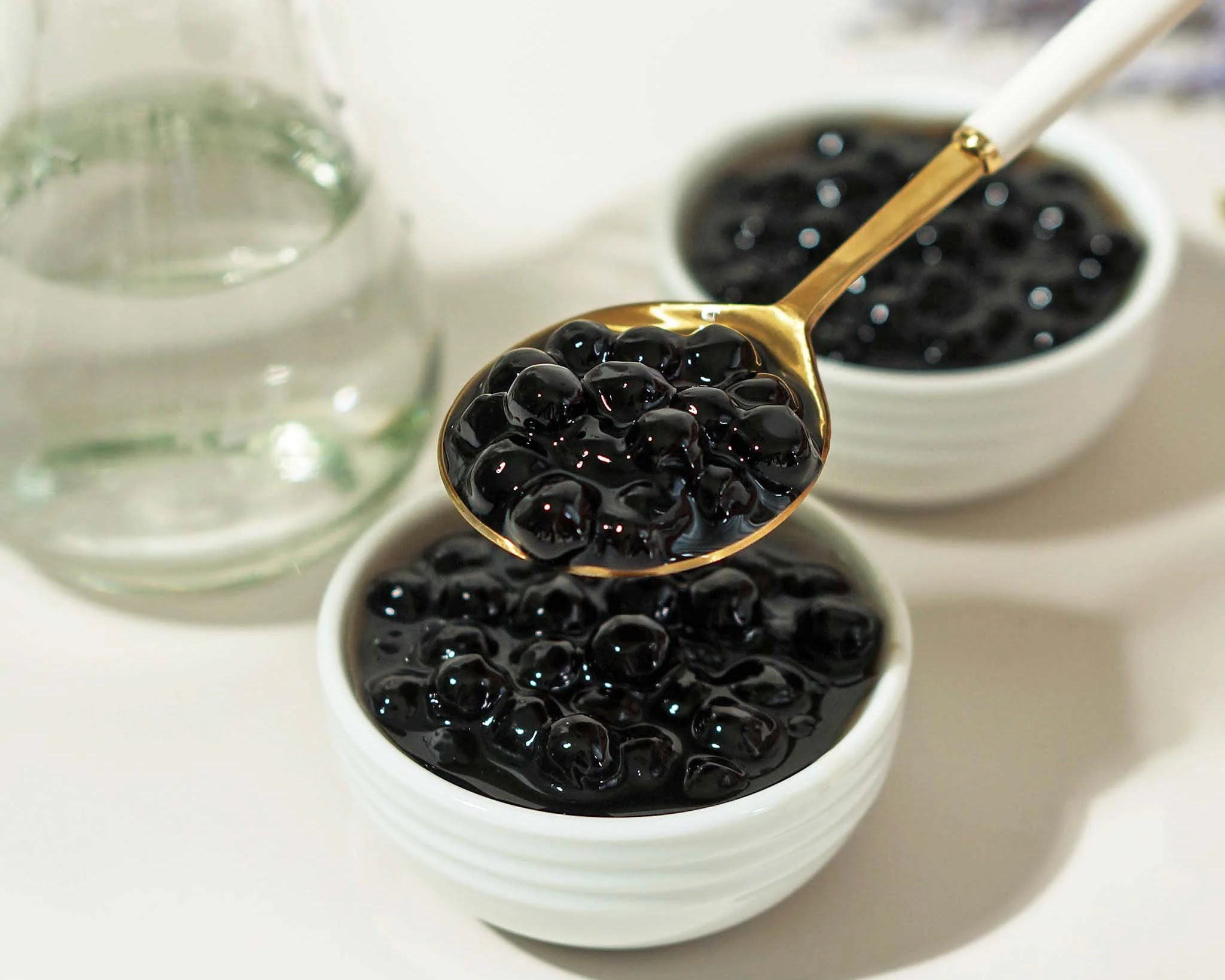
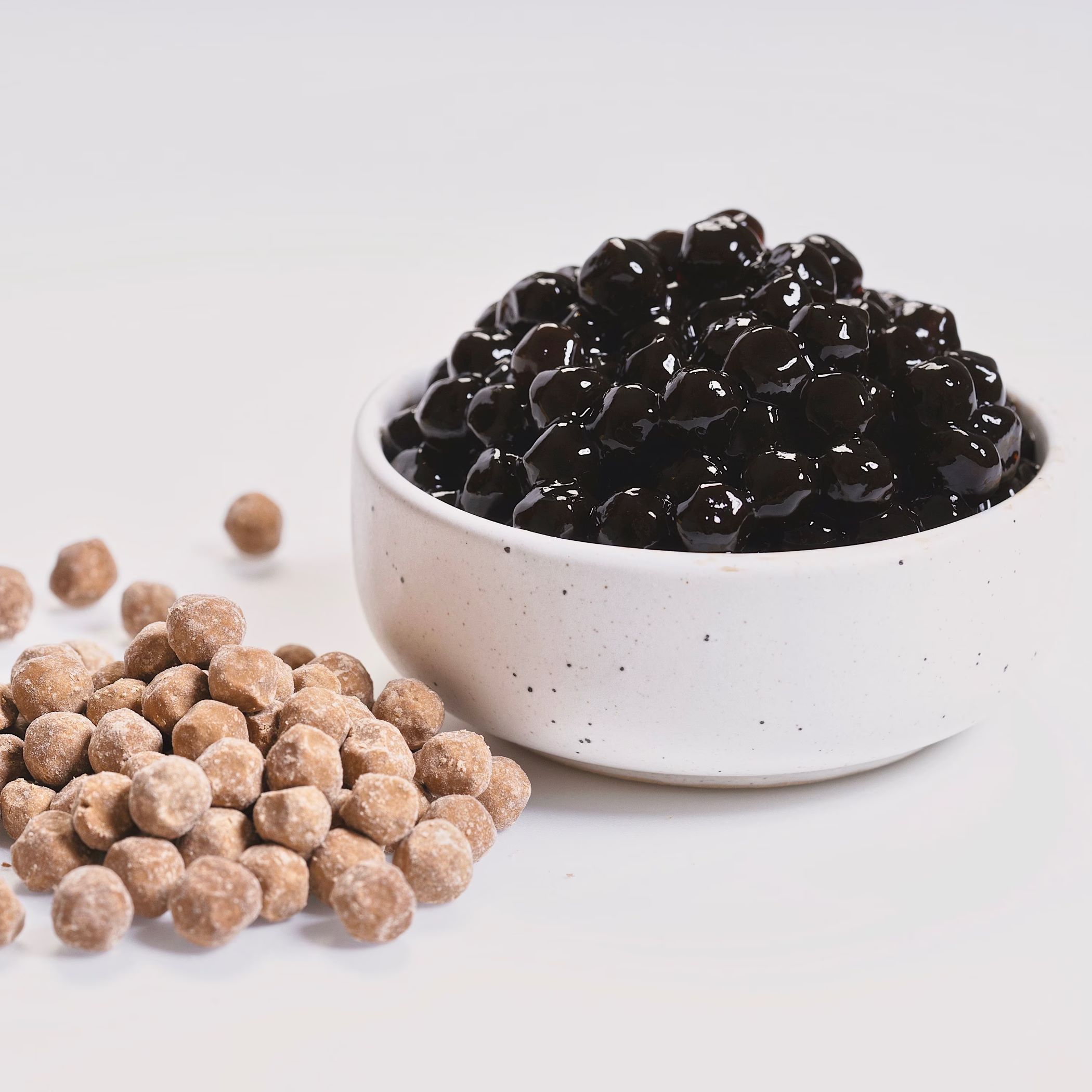
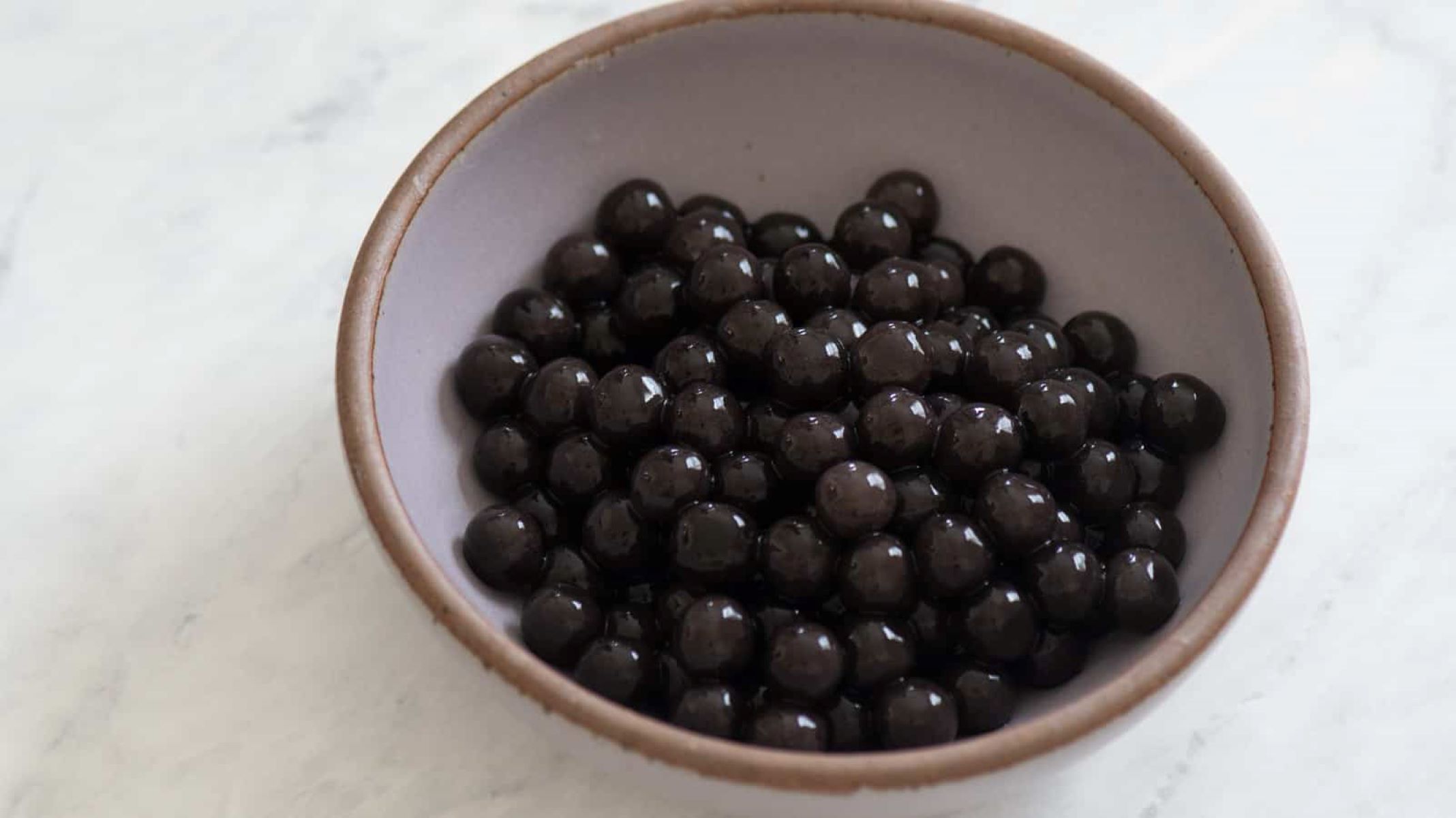
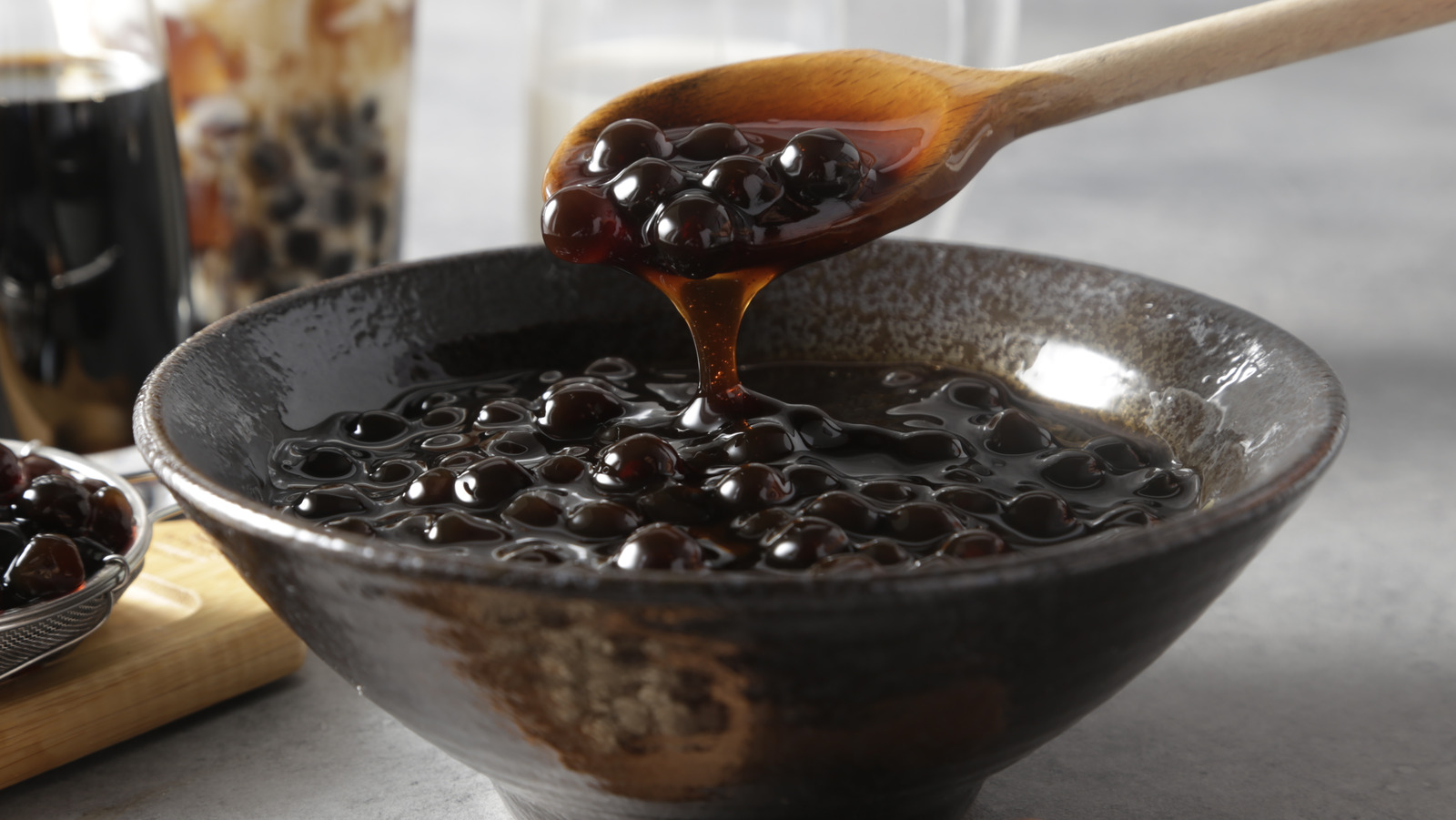
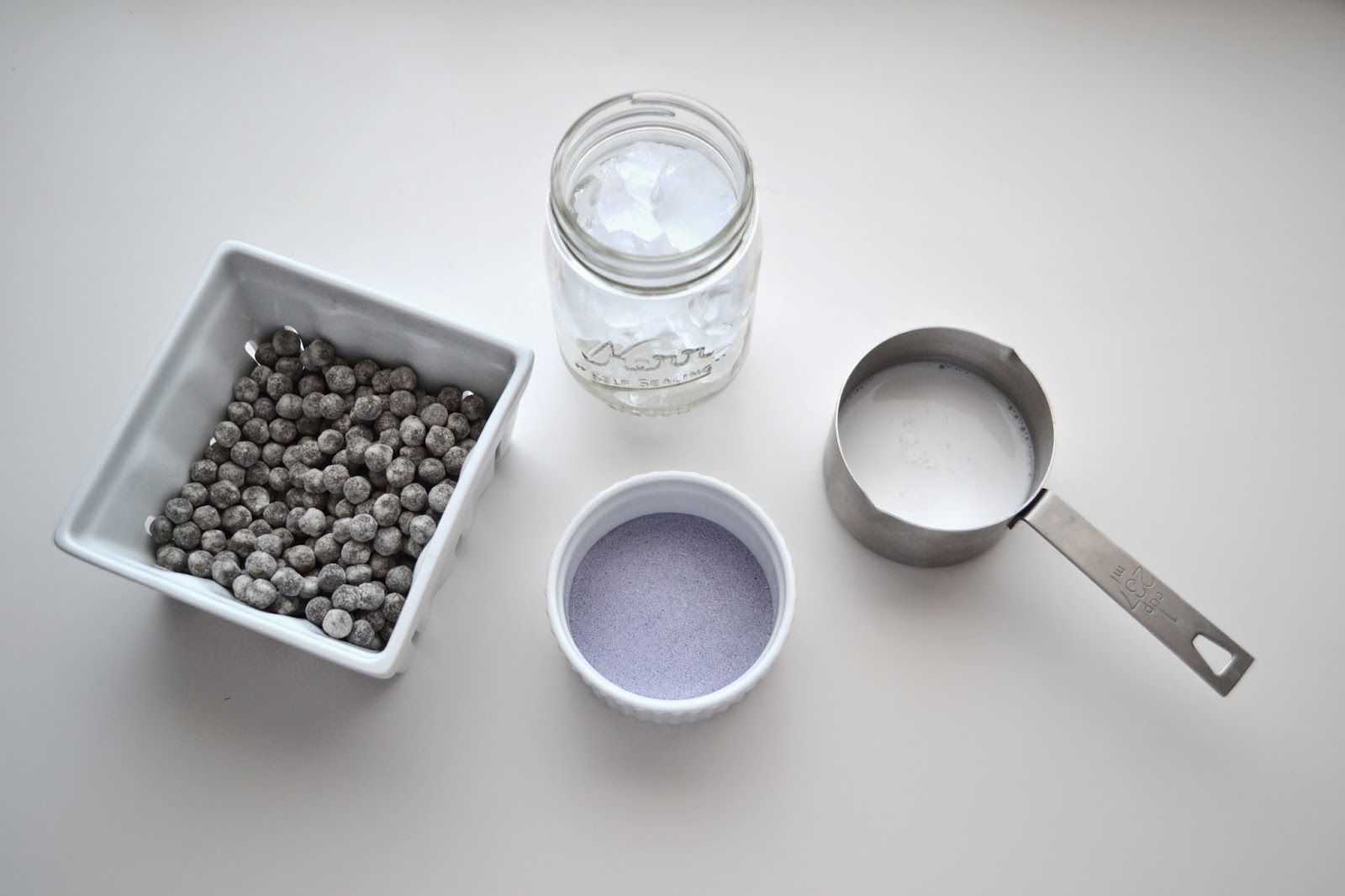
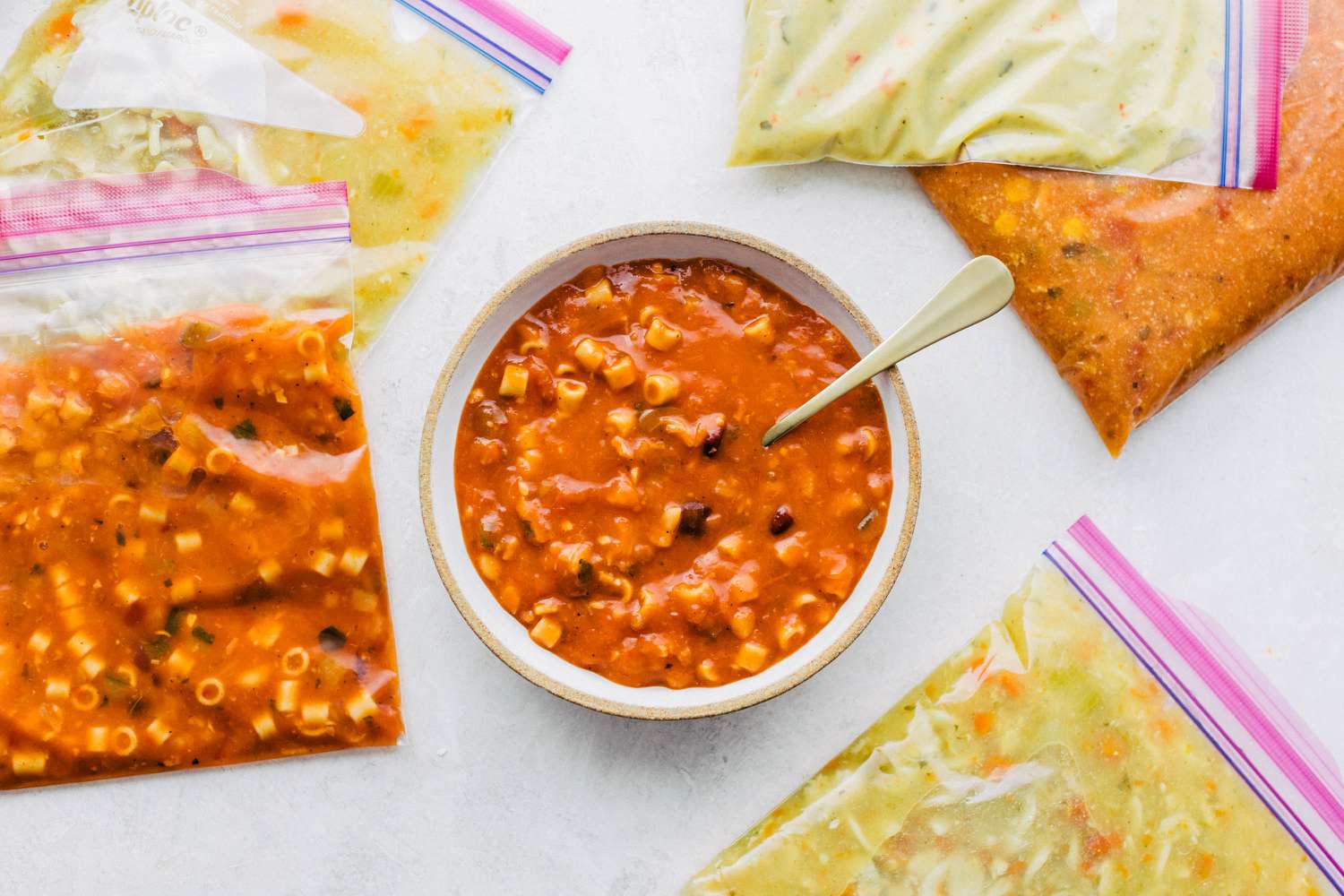
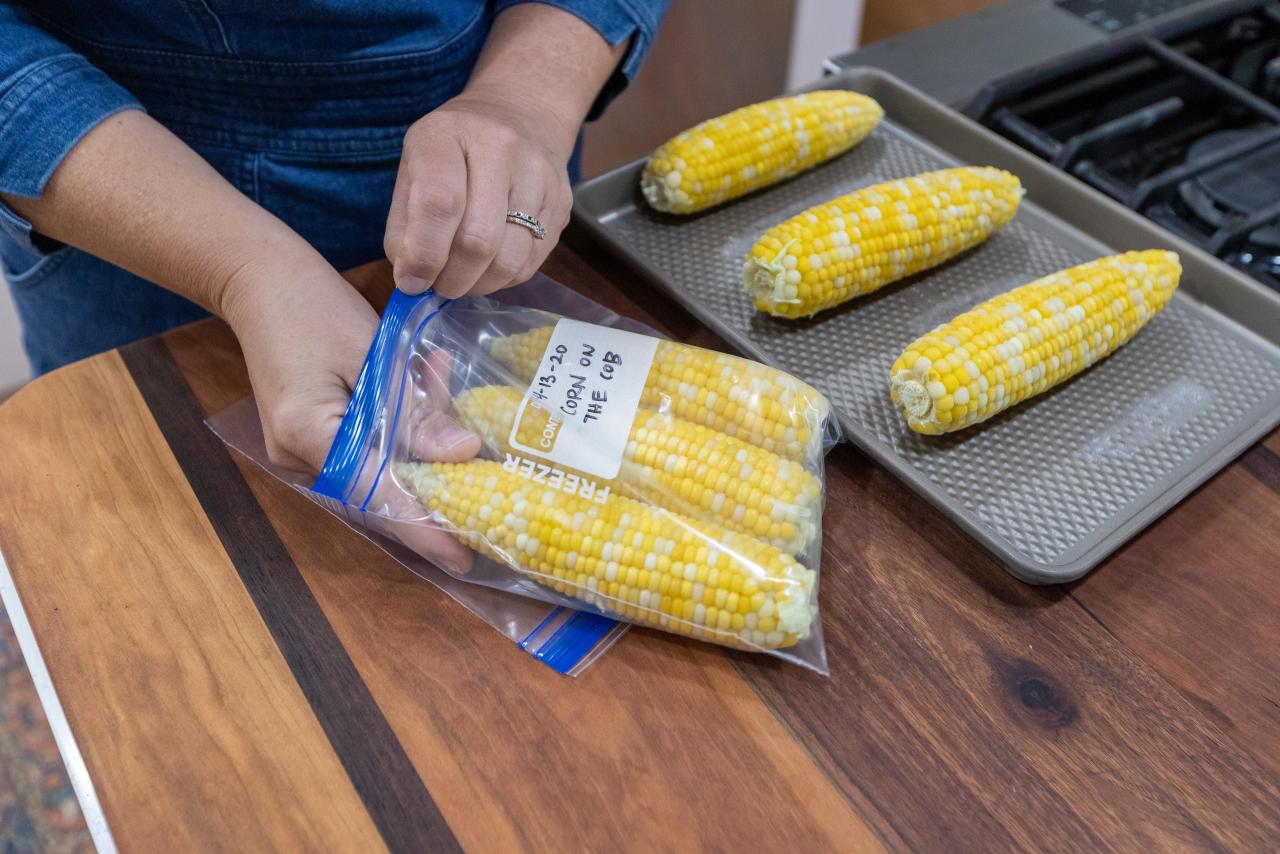
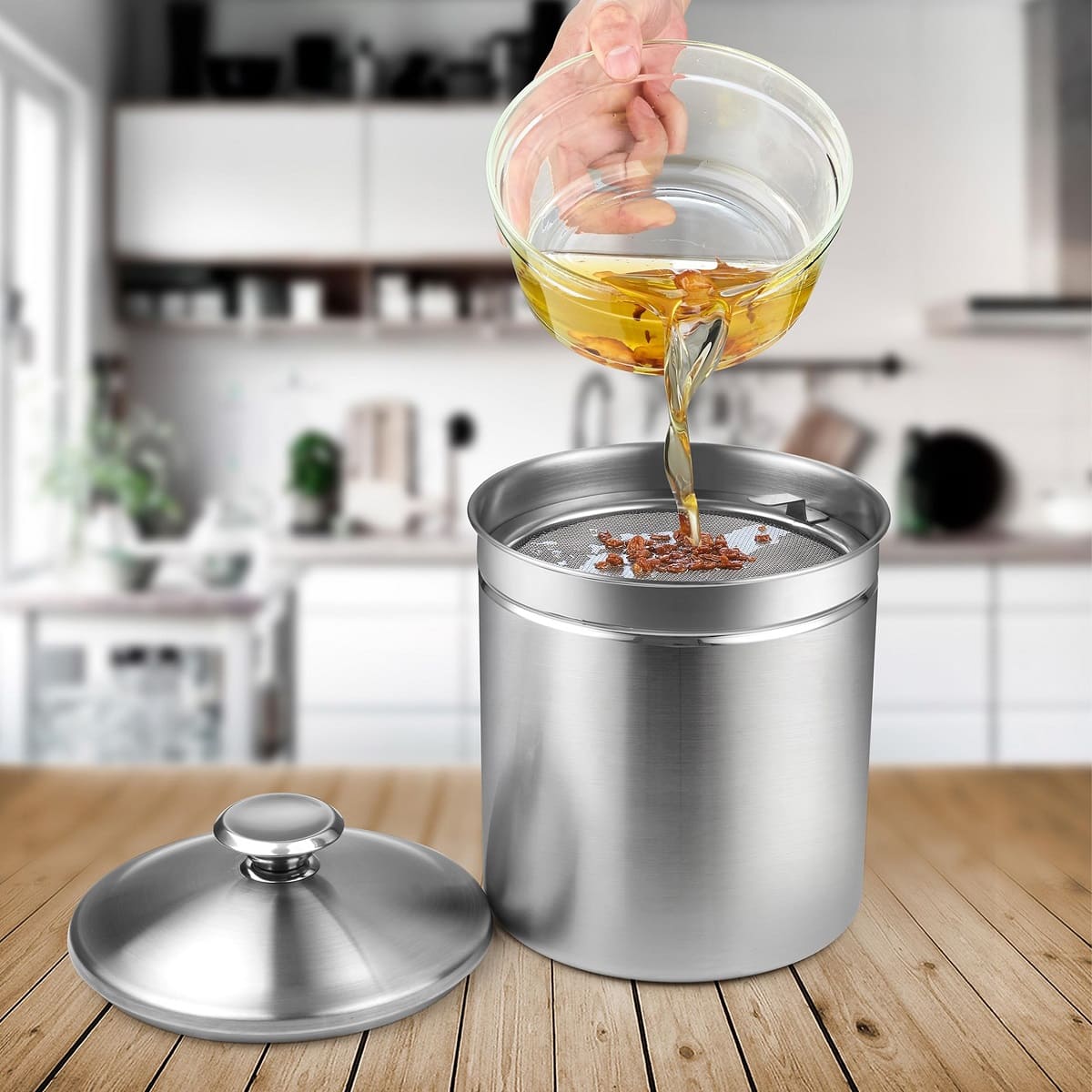
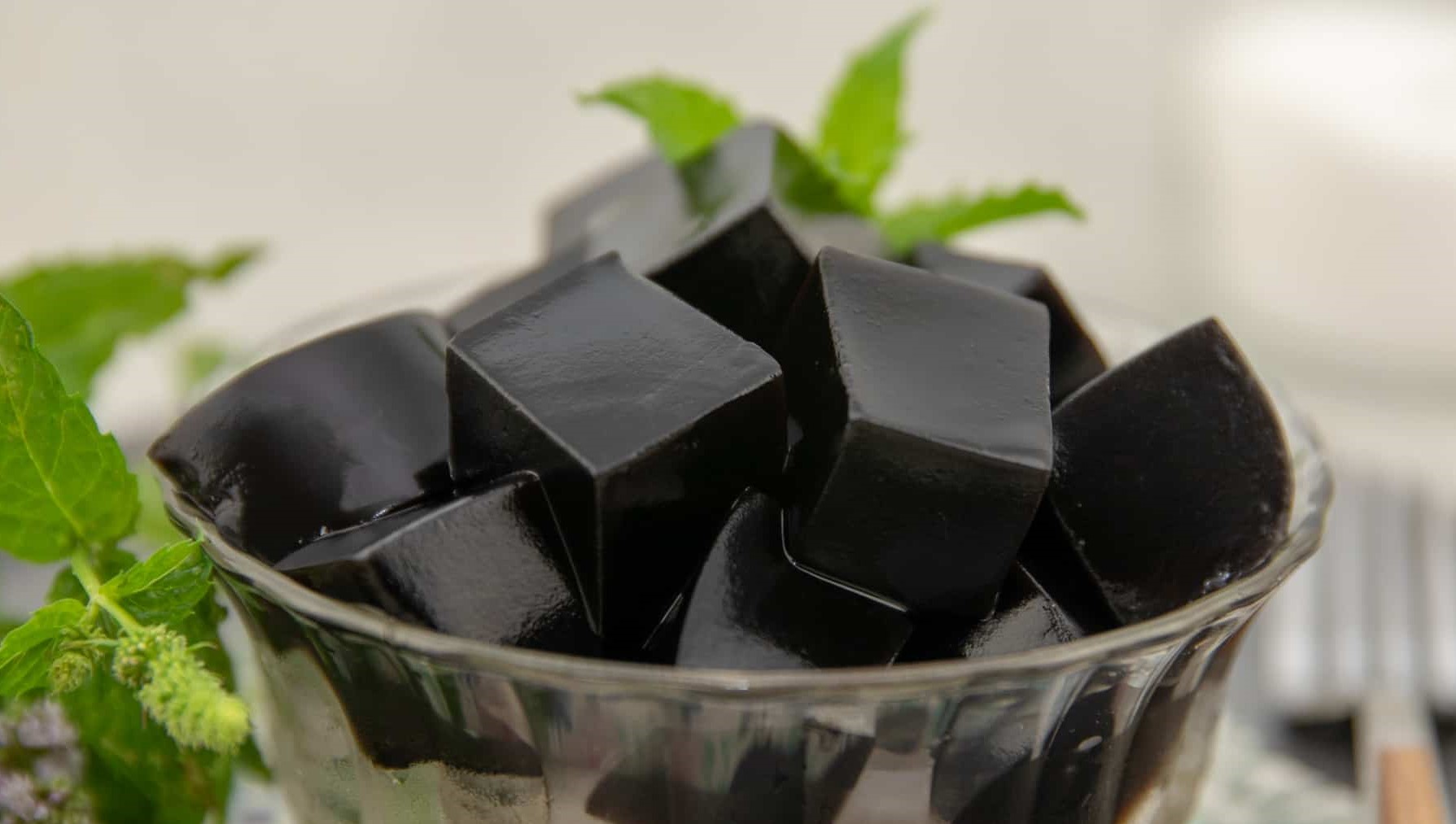
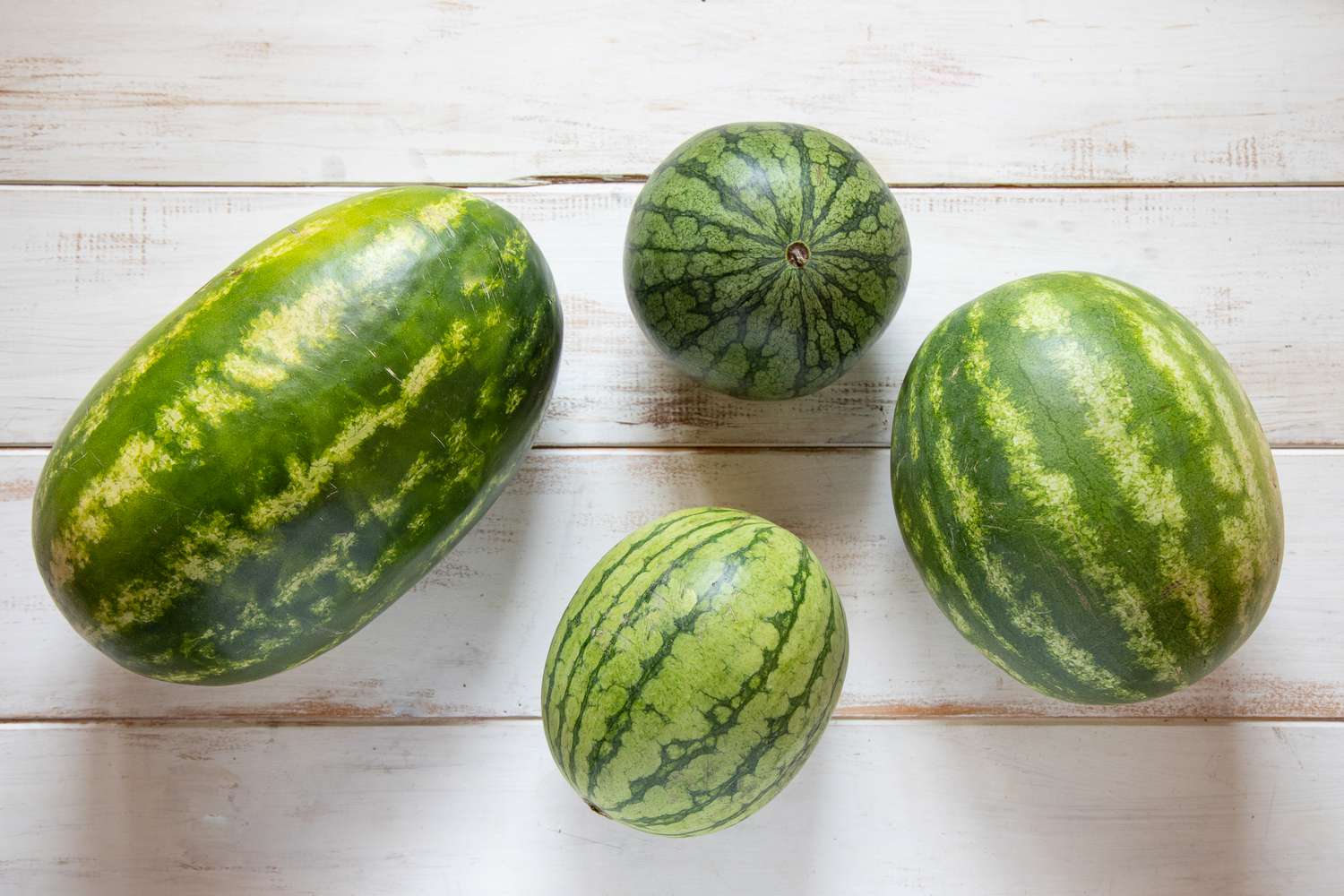

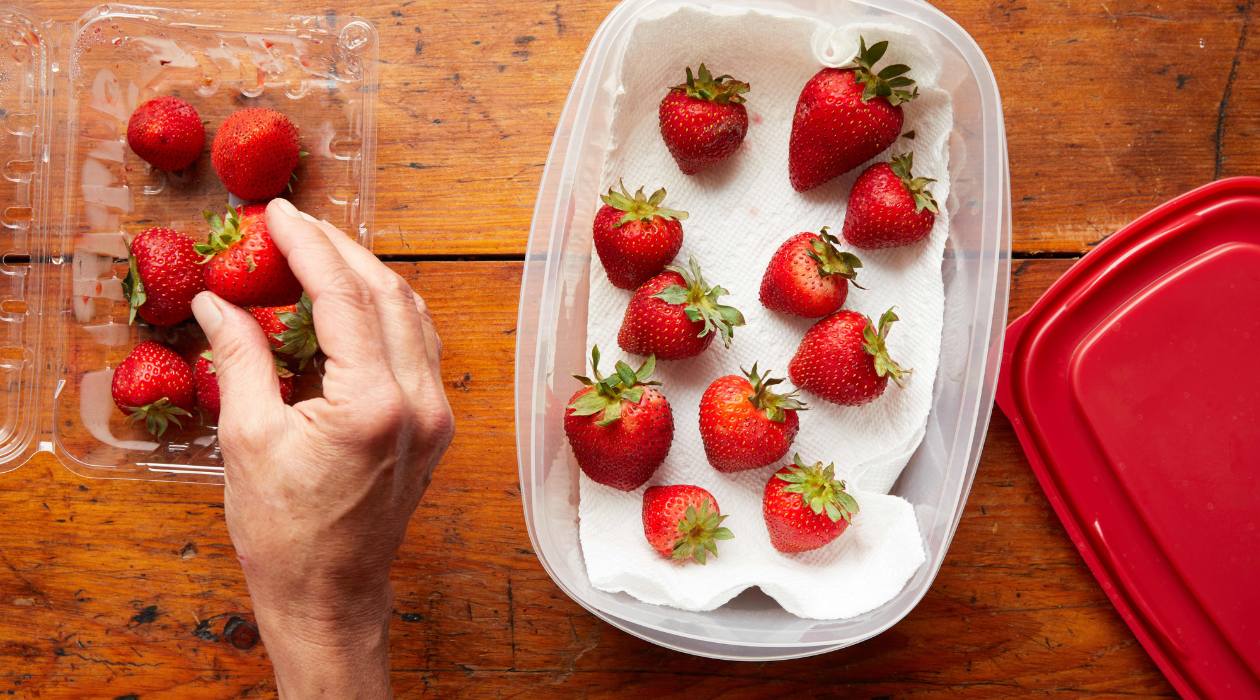

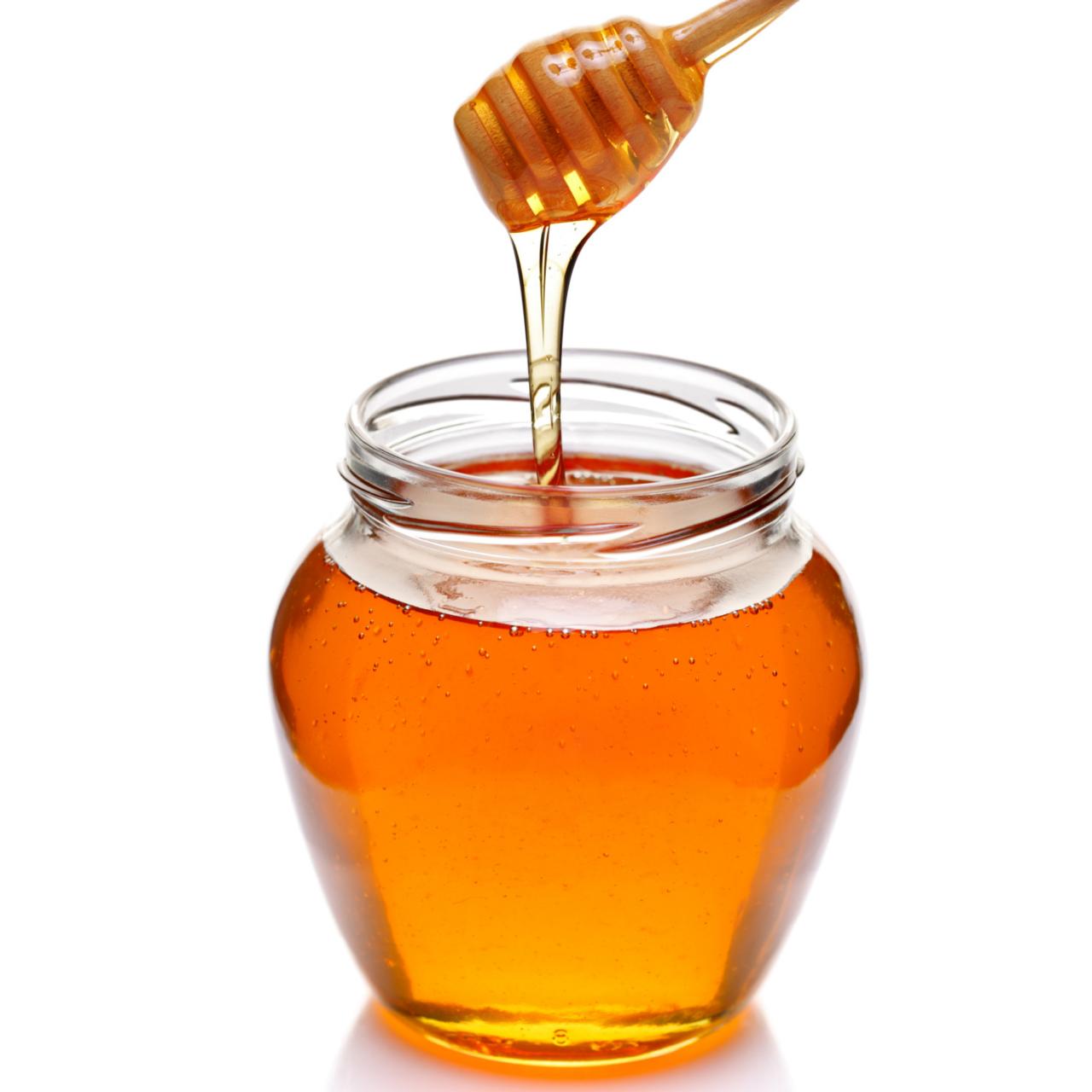

0 thoughts on “How To Store Boba After Cooking”